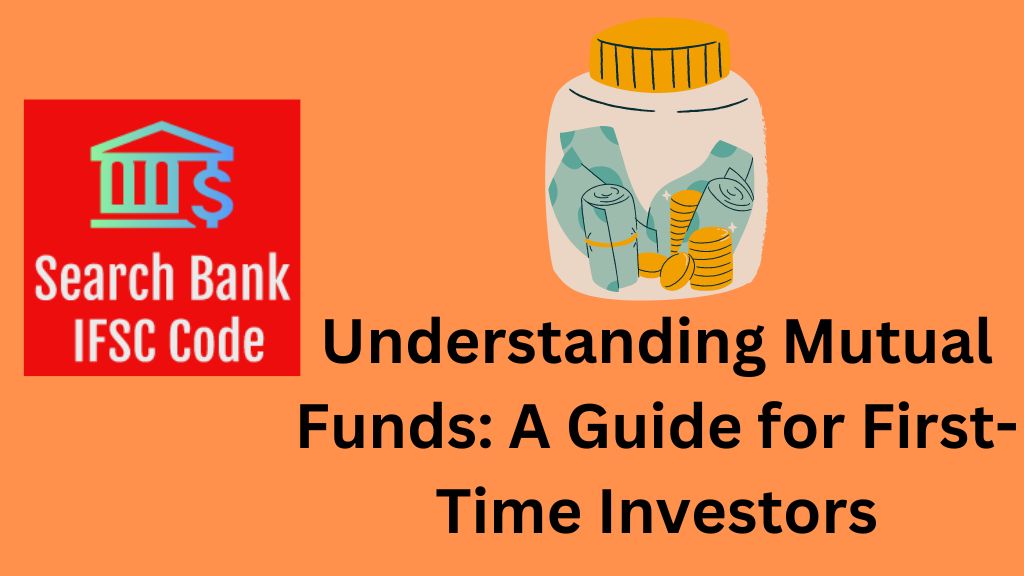Alternative Investments in India: Exploring P2P Lending and Real Estate Crowdfunding
Created at: 2023-08-02
Introduction
In recent years, alternative investments have gained significant popularity among Indian investors seeking diversified and potentially high-yielding opportunities outside traditional avenues like stocks and bonds. Two such emerging alternative investment options in India are Peer-to-Peer (P2P) lending and Real Estate Crowdfunding. These innovative platforms provide investors with unique ways to participate in the financial landscape and tap into the potential of the real estate market. In this blog, we will explore P2P lending and real estate crowdfunding, their benefits, risks, and the role they play in India's investment ecosystem.

Understanding P2P Lending
Peer-to-Peer lending is a form of crowdfunding where individuals or businesses lend money directly to borrowers through online platforms. P2P lending platforms act as intermediaries, connecting borrowers with lenders, eliminating the need for traditional financial institutions. For investors, P2P lending offers an opportunity to earn attractive returns by diversifying their investment portfolio across a range of loans.
Benefits of P2P Lending:
- High Returns: P2P lending often provides higher returns compared to conventional investment options like fixed deposits or government bonds.
- Diversification: Investors can allocate funds across various borrowers, reducing the impact of default risk on their overall portfolio.
- Control and Flexibility: Investors have the flexibility to choose the borrowers they wish to lend to and the amount they want to invest.
- Simplified Process: P2P lending platforms streamline the lending process, making it convenient for investors to monitor their investments.
Risks of P2P Lending:
- Default Risk: As with any form of lending, P2P lending carries the risk of borrowers defaulting on their loans, leading to potential losses for investors.
- Lack of Regulation: The P2P lending sector in India is relatively new and less regulated, which can expose investors to potential fraud or malpractices.
- Liquidity Risk: Unlike traditional investments, P2P lending investments may lack liquidity as borrowers have fixed loan tenures, and early exits can be challenging.
Real Estate Crowdfunding
Real Estate Crowdfunding allows multiple investors to pool their funds to invest in real estate projects, such as residential or commercial properties, through online platforms. This investment model provides individuals with an opportunity to participate in real estate ventures that would typically require substantial capital.
Benefits of Real Estate Crowdfunding:
- Access to Real Estate Market: Real estate crowdfunding offers investors access to the real estate market without the need for substantial capital.
- Diversification: Investors can spread their investments across multiple real estate projects, reducing risk and providing a more balanced portfolio.
- Passive Income: Investors may receive rental income or a share of the profits generated from the property.
- Professional Management: Real estate crowdfunding platforms often handle property management and maintenance, relieving investors of day-to-day responsibilities.
Risks of Real Estate Crowdfunding:
- Market Fluctuations: The real estate market can be subject to price fluctuations and economic cycles, affecting the overall performance of investments.
- Project Risks: The success of a real estate project is subject to various factors, including location, demand, and construction timelines.
- Lack of Control: Investors have limited control over the management and decisions related to the property.
Regulatory Environment for Alternative Investments in India
As alternative investments gain traction, regulators have been stepping in to safeguard the interests of investors. In 2017, the Reserve Bank of India (RBI) brought P2P lending platforms under its regulatory purview, imposing certain guidelines to ensure the stability and transparency of the sector. Similarly, the Securities and Exchange Board of India (SEBI) regulates real estate crowdfunding platforms to protect investor interests and promote transparency.
Conclusion
Alternative investments, such as P2P lending and real estate crowdfunding, present exciting opportunities for Indian investors to diversify their portfolios and potentially earn higher returns. However, investors must exercise due diligence and carefully assess the associated risks before participating in these platforms. Additionally, it is essential to choose reliable and regulated platforms that adhere to the guidelines set by the respective regulatory bodies.
At SearchBankIFSCCode, we are committed to providing valuable insights into various aspects of banking, finance, and investment. Our platform offers a user-friendly database where you can explore detailed information about banks, their IFSC codes, MICR codes, and other essential banking details. Whether you are looking for specific bank branches, IFSC codes for fund transfers, or information about the Indian financial system, SearchBankIFSCCode is designed to cater to your needs. Visit us to stay updated with the latest trends in banking and finance and embark on your journey towards financial prosperity.
Link: Yes Bank IFSC Code





